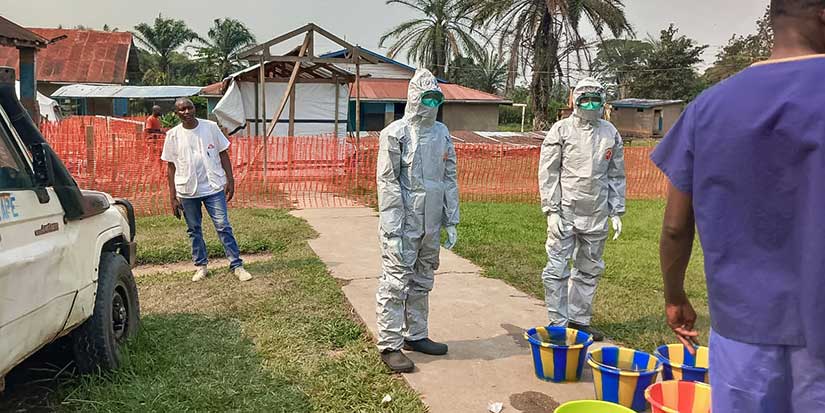National News
Touting better HIV treatment, Toronto service organization closing after 42 years
Published 10:38 PDT, Fri September 12, 2025
Last Updated: 2:38 PDT, Fri September 12, 2025
—
An organization that bills itself as Canada’s oldest HIV service agency will close next year, in part due to groundbreaking medical advances that have reduced the need for its services, even as the rate of new diagnoses rises across the country.
AIDS Committee of Toronto says plummeting demand coincided with financial challenges and broader changes in the health-care system, leading to the decision to close after 42 years. The organization was founded in 1983 when AIDS was marked by stigma, long-term illness and often death.
"It felt like it's the right time for us to take a step back," ACT executive director Ryan Lisk said in an interview.
The organization said it has faced "a combination of government funding challenges and steadily declining philanthropic support, especially since COVID." At the same time, the number of ACT users has dropped by half from pre-pandemic levels, and people over the age of 55 make up nearly a third of its clients.
Lisk said it's time to pass the torch to organizations that can better serve HIV patients' current needs, including chronic disease management and accessing affordable medications, and combine that with mental health and social supports.
Advanced treatment and prevention measures mean people with HIV now live longer and fuller lives. Yet, the Public Health Agency of Canada says HIV diagnosis rates have been steadily increasing since 2021, reaching a 10-year peak in 2023. That year, 2,434 new cases were diagnosed, a 35 per cent increase since 2022.
Public health officials say the reasons behind the increase are "complex," and influenced by social determinants of health such as lack of housing, low income and substance use.
Dr. Sean Rourke, director of two national HIV centres that are funded by Canadian Institutes of Health Research, also said that HIV prevention and awareness campaigns have historically ignored Black and Indigenous populations outside of urban areas.
A study published in the Canadian Journal of Public Health this year showed that Black men were 66 per cent less likely and Indigenous men were 43 per cent less likely than white men to be aware of pre-exposure prophylaxis, a life-saving HIV prevention medication.
Rourke said service agencies borne out of the initial response to the AIDS epidemic were designed to exclusively focus on the disease because of the stigma and discrimination patients faced. As a result, some of those agencies have struggled to integrate into the broader health-care system, he said.
"If it's not part of a larger system, then it's disconnected, then people are gonna fall through the cracks, particularly those who are vulnerable, don't speak the language, don't navigate it well," he said.
His work is focused on filling that gap by reaching people who are undiagnosed or untreated, particularly in Indigenous communities in Manitoba and Saskatchewan where HIV rates have soared. Public Health Agency of Canada data shows first-time HIV diagnosis rates in both Saskatchewan and Manitoba were roughly 19 per 100,000 people in 2023, while the national rate was just over six per 100,000.
"Everybody should have a door that they can open for their care and support and treatment," Rourke said.
Before it winds down operations by March 31, 2026, ACT said it will work to connect its service users with the support they need elsewhere.
Dr. Kevin Woodward, executive director of the HQ Toronto clinic, which has worked in partnership with ACT, said barriers to HIV prevention and care still exist.
"There's still a lot of needs that are out there in terms of access to care, access to medications, making sure that newcomers who come into Canada, who may be living with HIV, are connected to care as soon as possible," Woodward said.
He said incorporating mental health and social supports for this aging population has become a key focus at HQ.
"We have a population of folks who are getting older, who are what we call long-term survivors that have gone through a lot of trauma," Woodward said.
———
– Hannah Alberga, The Canadian Press
Canadian Press health coverage receives support through a partnership with the Canadian Medical Association. CP is solely responsible for this content.































